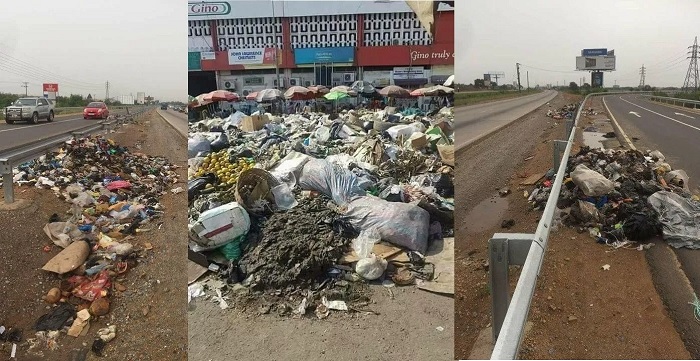PRESIDENT NANA Akufo-Addo has appealed to Ghanaians to improve their sanitation habits in order to attract tourists into Ghana.
“There are things that many of us do that would put off any visitor from visiting our country, no matter how attractive the geography or the history might be. I refer, especially, to some of our sanitation habits.
“Yes. We have castles and forts. We have waterfalls and dramatic mountain ranges. We have breath-taking beaches and historical sites that reduce visitors to strong emotions, but it is the people of Ghana and our welcoming attitude that are the strongest attraction to visitors,” he said.
Addressing Parliament Thursday, he lamented that the cost of cleaning up cities and towns had become prohibitive especially where the littering habit seems to be more predominant in the urban areas than in rural areas.
He, however, indicated that despite the sanitation challenges, there had been some significant improvement as there had been an increase increase in the coverage of solid waste management, from 16.6 per cent to 53 per cent.
“Over the course of last year, 35,862 household toilets were built, as opposed to 1,698 in 2016” he added.
He cautioned that government through the Ministry of Justice and the Ministry of Sanitation was in the process of taking punitive measures against recalcitrant citizens who littered and stole litter bins.
The creation of jobs through the launch of the National Sanitation Brigade would not only help to keep our towns and cities clean but also provide leverage in exploring how to use the waste collected to advance the economy of the country, he added.
Furthermore, the President stated that the Community Led Total Sanitation (CLTS) Programme was being implemented in 4,500 communities in 130 districts to achieve Open Defecation Free (ODF) Communities.
Addressing the plastic filth of the country, he said that government had prepared a plastics management policy, with the overarching aim of meeting the challenges of comprehensive plastics management.
“About 82% of Ghana’s plastics waste could be readily recovered and recycled with existing technologies into value-addition products in high demand locally and within the West African region.
“We are also tackling the problem of electronic waste head on. On August 20, 2018, I launched the National e-waste Programme to mark the commencement of two key provisions of the Hazardous and Electronic Waste Control and Management Act, Act 917,” he stated.
By Issah Mohammed


